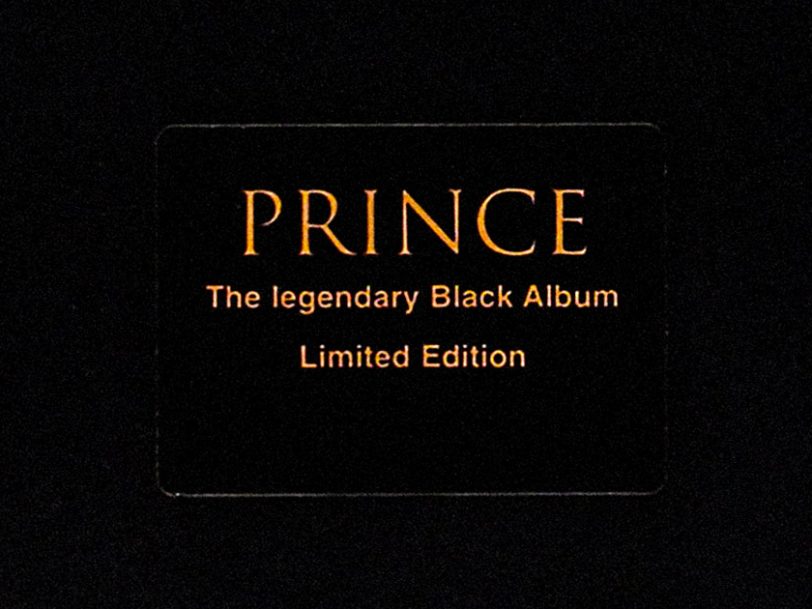From the very start of his career, Prince had recorded far more material than he could ever have released. As the 80s unfolded and his discography grew, the legend of The Vault – a vast trove of unissued music – assumed as much significance to fans as his official release schedule, fuelled as it was by rumours that it contained everything from career-best songs to whole album projects that, once shelved, risked never seeing the light of day. Of all these – including Dream Factory and the Crystal Ball triple-album, eventually refashioned into Sign O’ The Times – one record loomed over them all when it was withdrawn without warning on the eve of its planned release. Soon to become the biggest-selling bootleg of all time, The Black Album had a working title of “The Funk Bible”, but it was in many ways the actual Bible which inspired his decision to cancel its release.
“It was never intended to be an album”
Pulled at the last minute, The Black Album had been compiled in a similarly impulsive fashion. Most of its eight songs had been recorded for a birthday party Prince threw for Sheila E at the end of 1987, rather than for a standalone album project; having pressed the material up, however, Prince realised he could put it to another use.
“It was never intended to be an album,” Susan Rogers, Prince’s studio engineer from 1983 to 1987, told this author for the book Lives Of The Musicians: Prince. “We just wanted stuff to dance to at the party.” But upbeat funk cuts such as Superfunkycalifragisexy had given Prince an idea. Though his Parade and Sign O’ The Times albums had attracted some of his most glowing reviews to date, there had been noise from some quarters suggesting that, while dazzling, his artistic leaps had left his Black audience behind. As Prince later wrote in the Lovesexy album’s tour programme, Camille – an alter ego that had appeared on Sign O’ The Times, and who had been credited with singing on The Black Album’s eventual closing track, Rockhard In A Funky Place – “set out to silence his critics” and “found a new color. The color black: strongest hue of them all.”




